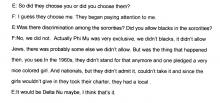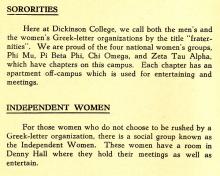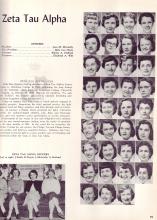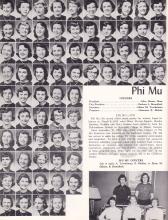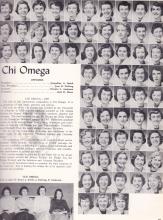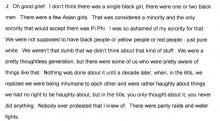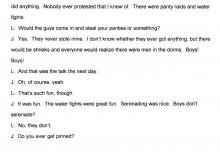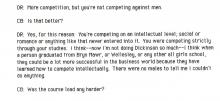A Local "Sorority Joins National"
The Zeta Eta Phi Fraternity began as one of the local sororities. Seeking to be part of a national organization, however, they changed their name and became the Beta Beta chapter under the Zeta Tau Alpha sorority.
A welcome reception open to the student body was given at Memorial Hall, but the ceremonies partitioned by national officers were held at Mrs. Fred P. Mohler's home (wife of one of Dickinson's professors).


